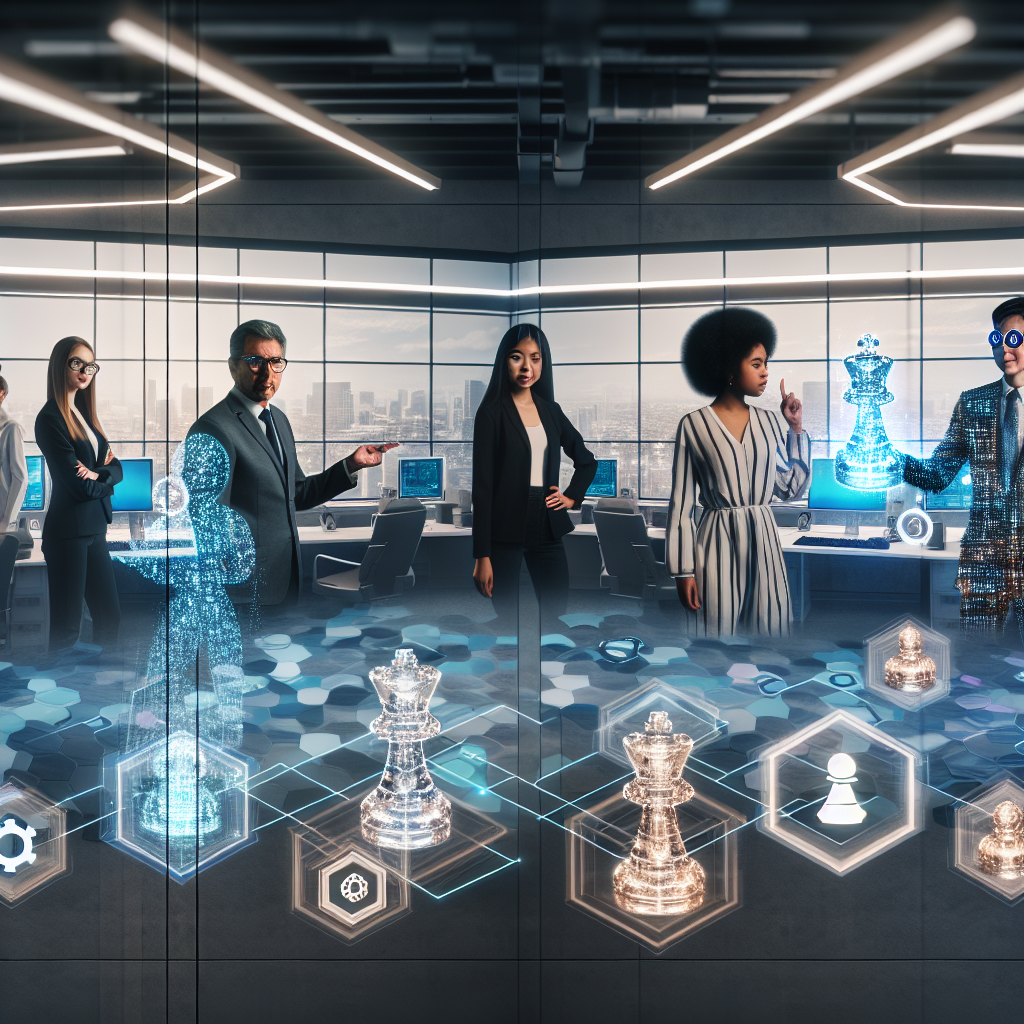Becoming Irreplaceable in the Age of AI: Key Strategies and Insights from Pascal Bornet

"The future is not about AI and humans living completely separate lives. The only way forward is to augment ourselves."
Understanding AI Literacy
In the article "How You Become Irreplaceable In The Age Of AI," Pascal Bornet emphasizes the necessity of being AI-ready, a competency that demands continuous learning about AI advancements and their implications on various job roles. This facet isn't merely about operational proficiency but calls for a critical evaluation of AI's benefits and risks, advocating for ethical and effective use of AI to enhance rather than replace human abilities.
Human-Centric Skills as Key Differentiators
Bornet highlights the importance of "Humics," such as genuine creativity, critical thinking, and social authenticity, to remain irreplaceable. These uniquely human traits create a complementary relationship with AI, generating synergies that neither humans nor AI can achieve alone. By nurturing these skills, individuals can add unparalleled value to workplaces increasingly populated by AI.
Adapting to Rapid Technological Change
Being change-ready entails resilience and adaptability to navigate the fast-paced advancements in technology. Bornet suggests that the rate of technological innovation will accelerate dramatically, requiring a new level of mental agility and openness to continuous learning. This perspective aligns with the broader trend of lifelong learning as a critical career strategy.
The Concept of AI Obesity
One intriguing aspect is Bornet's concept of "AI obesity," which warns against over-reliance on AI that can lead to the atrophy of human cognitive abilities. He advocates for regular exercises to enhance creative and critical thinking skills, cautioning that satisfaction with AI's shallow capabilities could ultimately diminish our human potential.
Implications for Businesses and Education
The framework extends to organizations, which must integrate AI while maximizing human-AI collaboration for optimal results. Transparency and ethical considerations in AI use are crucial for building trust. For educators, the focus should be on preparing the next generation to work with AI effectively, nurturing their creativity, critical thinking, and emotional intelligence.
Charting the Path Forward
Bornet’s insights highlight that the journey with AI is not about contending with machines but excelling in what makes us inherently human. This thoughtful approach encourages a balanced integration of AI, fostering an environment where technology and humanity can co-evolve to enhance overall capabilities and achieve greater success.
